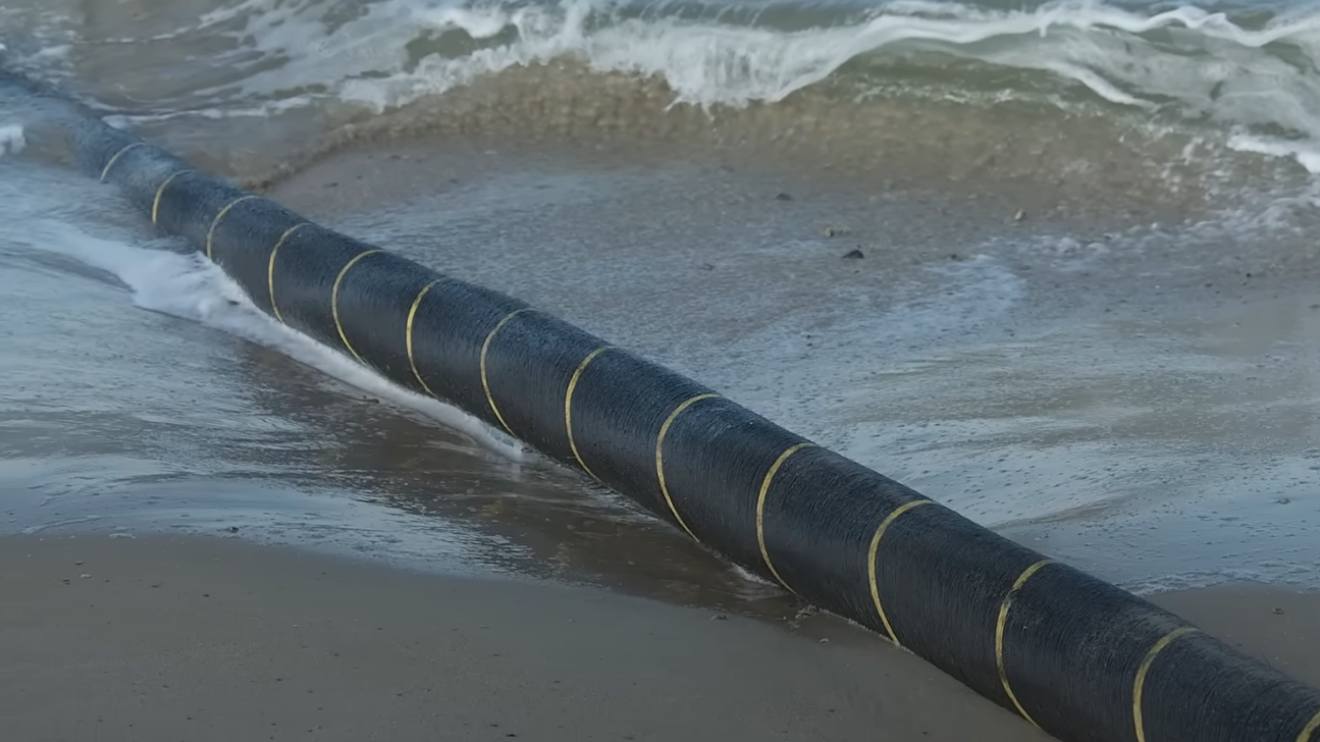The price of fuel is set to decline with petrol expected to retail at Sh123.23 in Nairobi should the National Assembly adopt the Finance and National Planning Committee recommendations.
The recommendations by the Gladys Wanga led committee proposed among other things halving of VAT on all three fuel products by four per cent from the current eight per cent.
The Finance and National Planning Committee tabled its report on Tuesday evening with its recommendations to tame fuel costs.
This comes just a day ahead of the monthly maximum fuel pump prices review by the Energy and Petroleum Regulatory Authority (EPRA).
In its proposal, the committee recommended a snip to the petroleum development levy charged on petrol and diesel supply from Sh5.40 to Sh2.90.
Read More
The committee has also supported the Sh3 per litre reduction of supplier margin profits made by oil marketing companies.
Kenyans would breathe some sigh of relief if the Parliament adopts the proposed recommendations with petrol consumers having wider smiles at the pump because petrol will reduce by about Sh10.49 bringing the cost to Sh123.23 per litre from Sh134.72 per litre.
The price of diesel will decline to ShSh105.82 per litre from the current price of Sh115.60 per litre while Kerosene will come down to retail at Sh103.71 per litre from Sh110.82.
Diesel consumers will realize a reduction of Sh9.78 per litre and Kerosene consumers a Sh7.09 per litre reduction.
The committee also recommended a reduction of VAT by half on the supply of VAT from the current 16 per cent to 8 per cent.
The halving of the supplied VAT will see a Sh166.94 reduction in the price of the 13 kilograms LPG from the prevailing price of Sh2420.64 to Sh2253.66.
Committee members have also proposed a board to be established to manage the petroleum development levy fund and the subsequent establishment of a formula for money distribution from the fund to Oil Marketing Companies (OMC).
The Wanga led committee also recommend the suspension of the inflation adjustment on excise duty charged on petroleum products in the 2021-2022 fiscal year.
The move is aimed at cautioning Kenyans from further fuel costs hikes.
Once the proposals are approved by parliament, together with amendments to relevant Acts, they will be presented to the president.

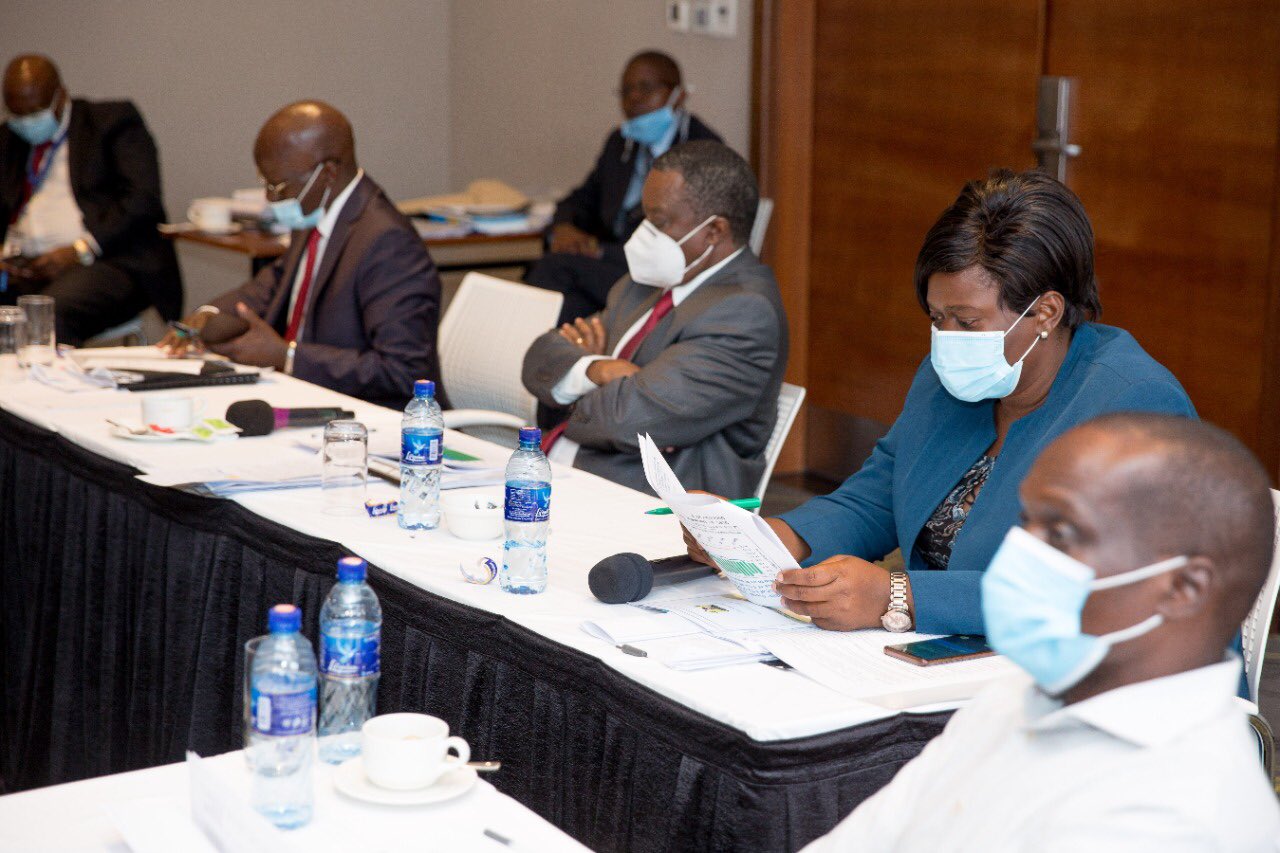

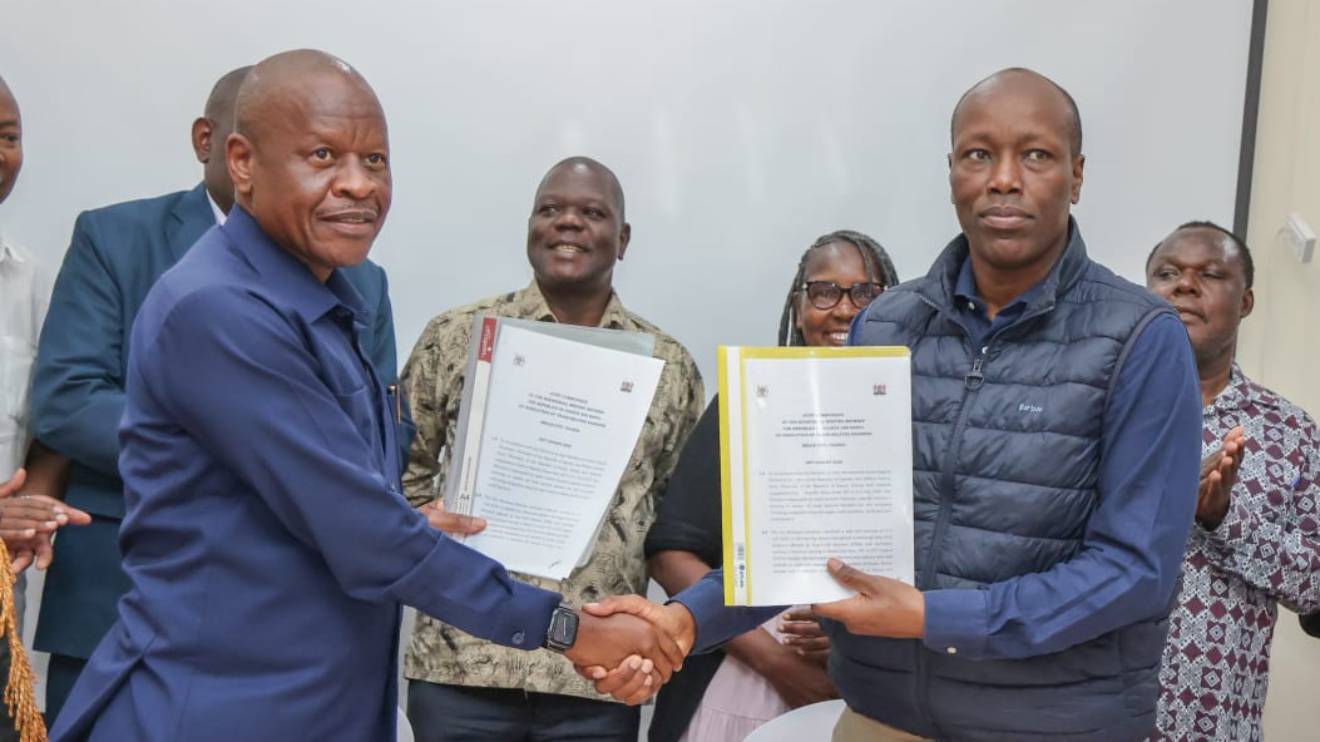
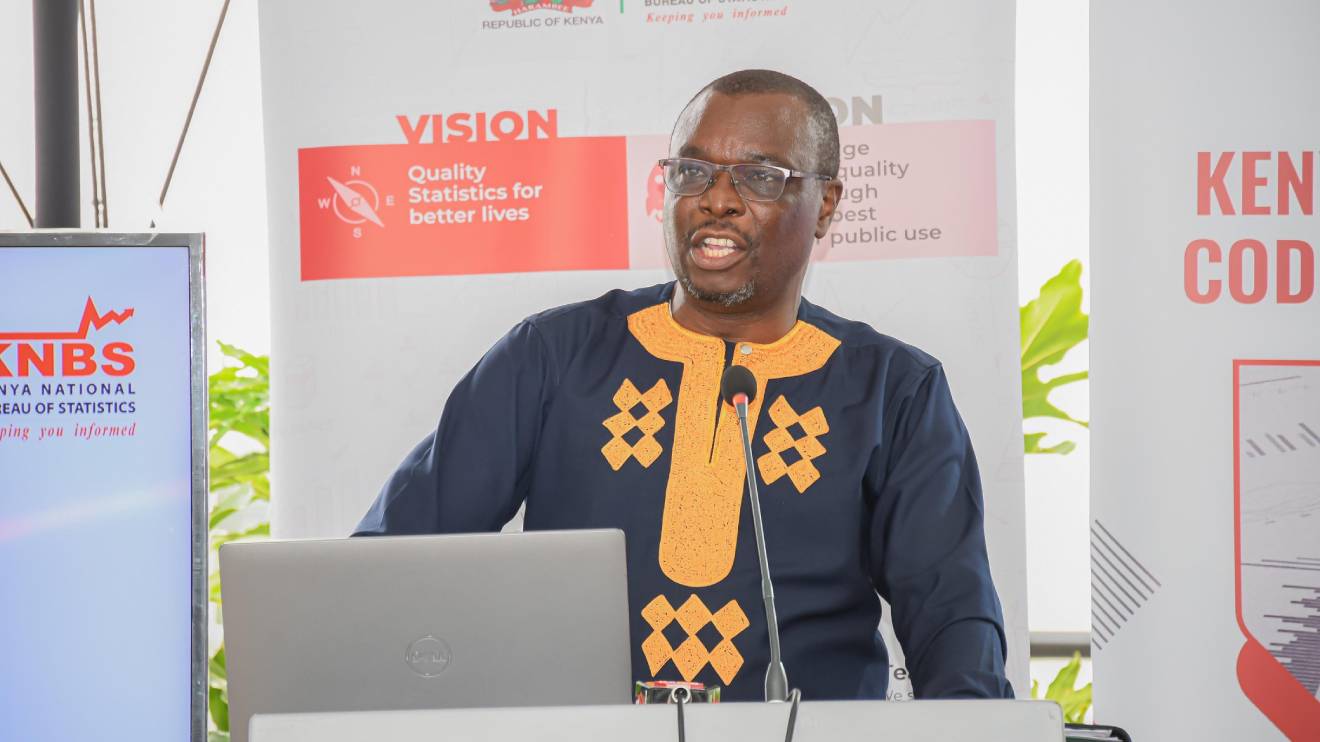
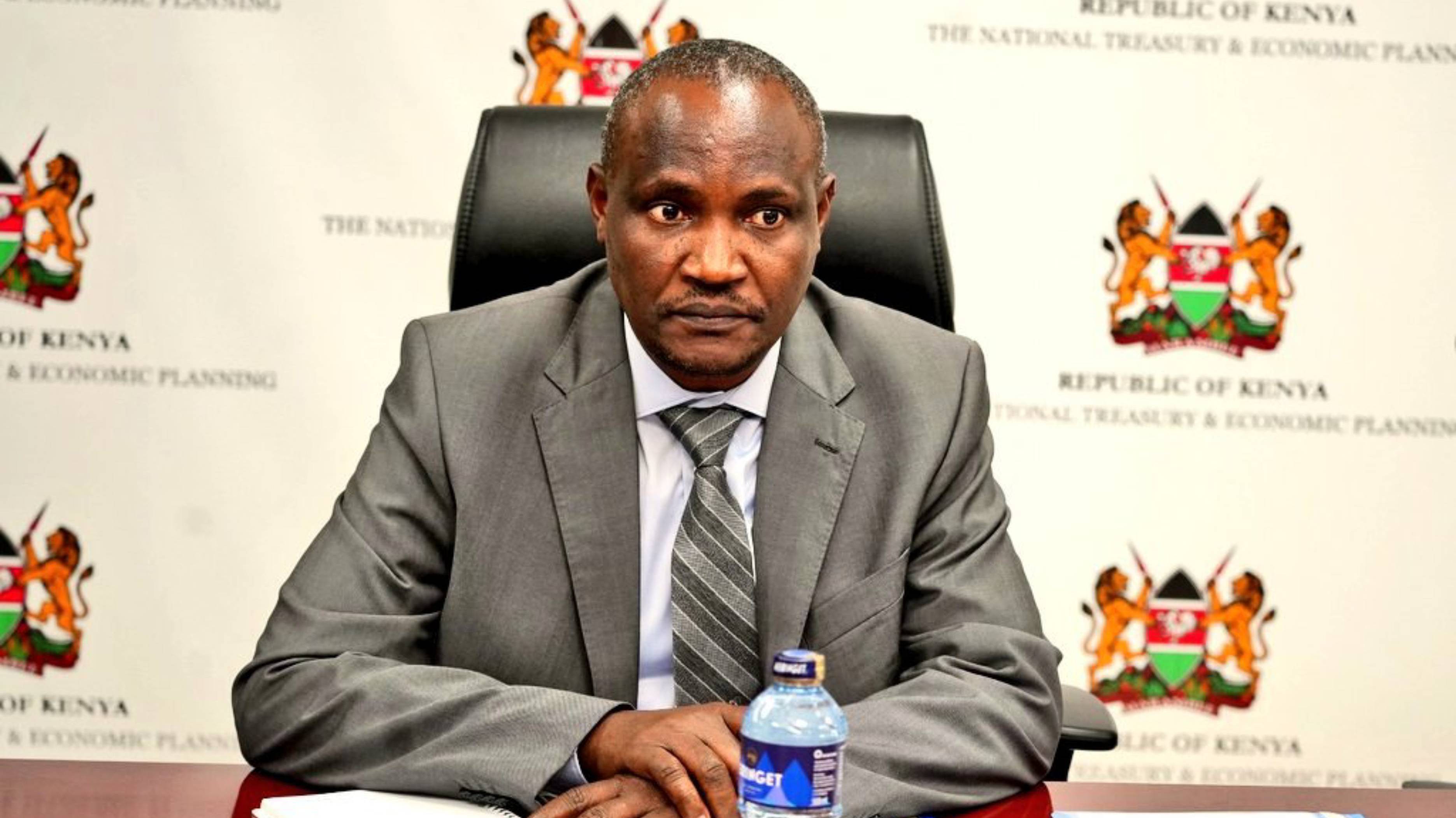

-1755100273.jpeg)


